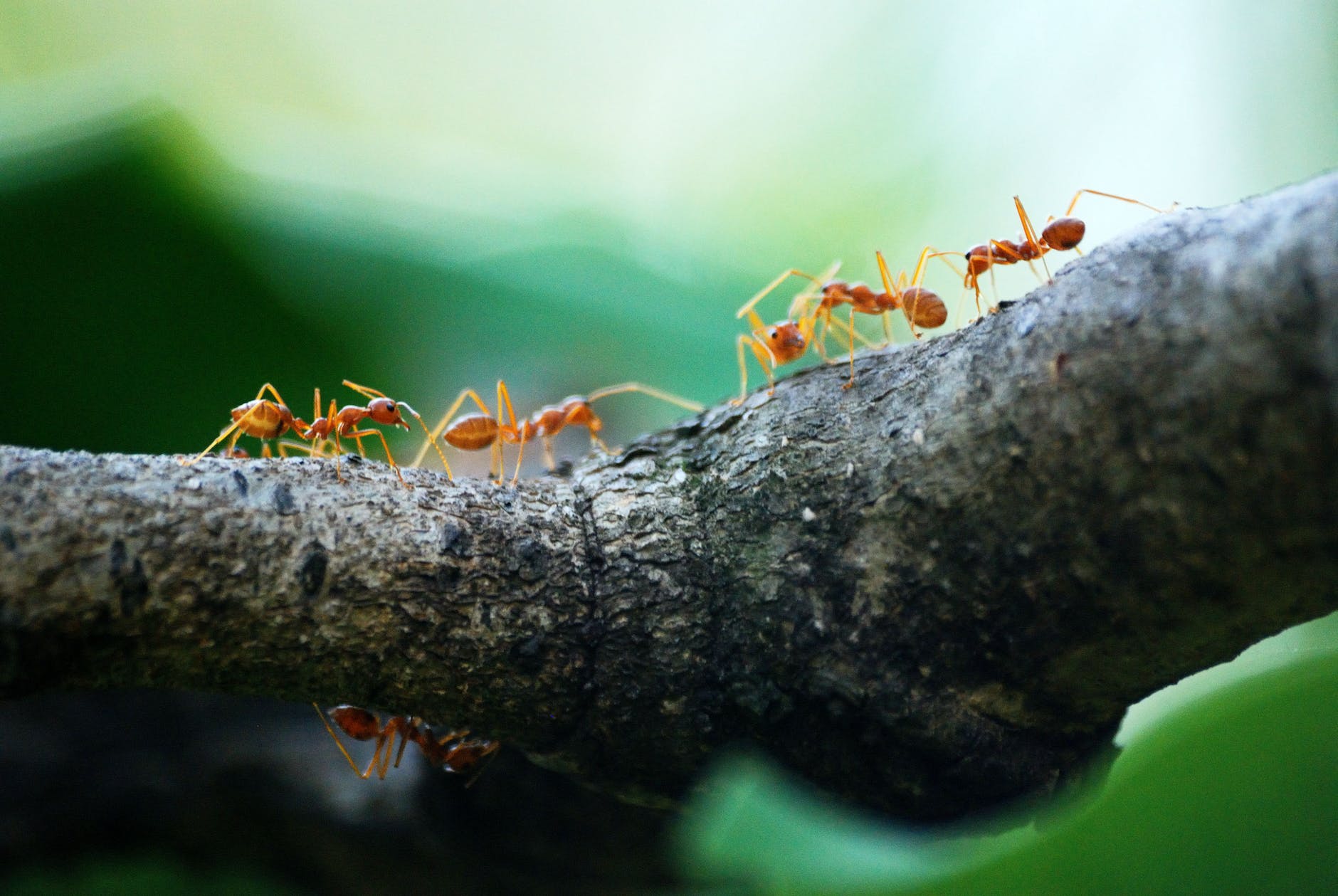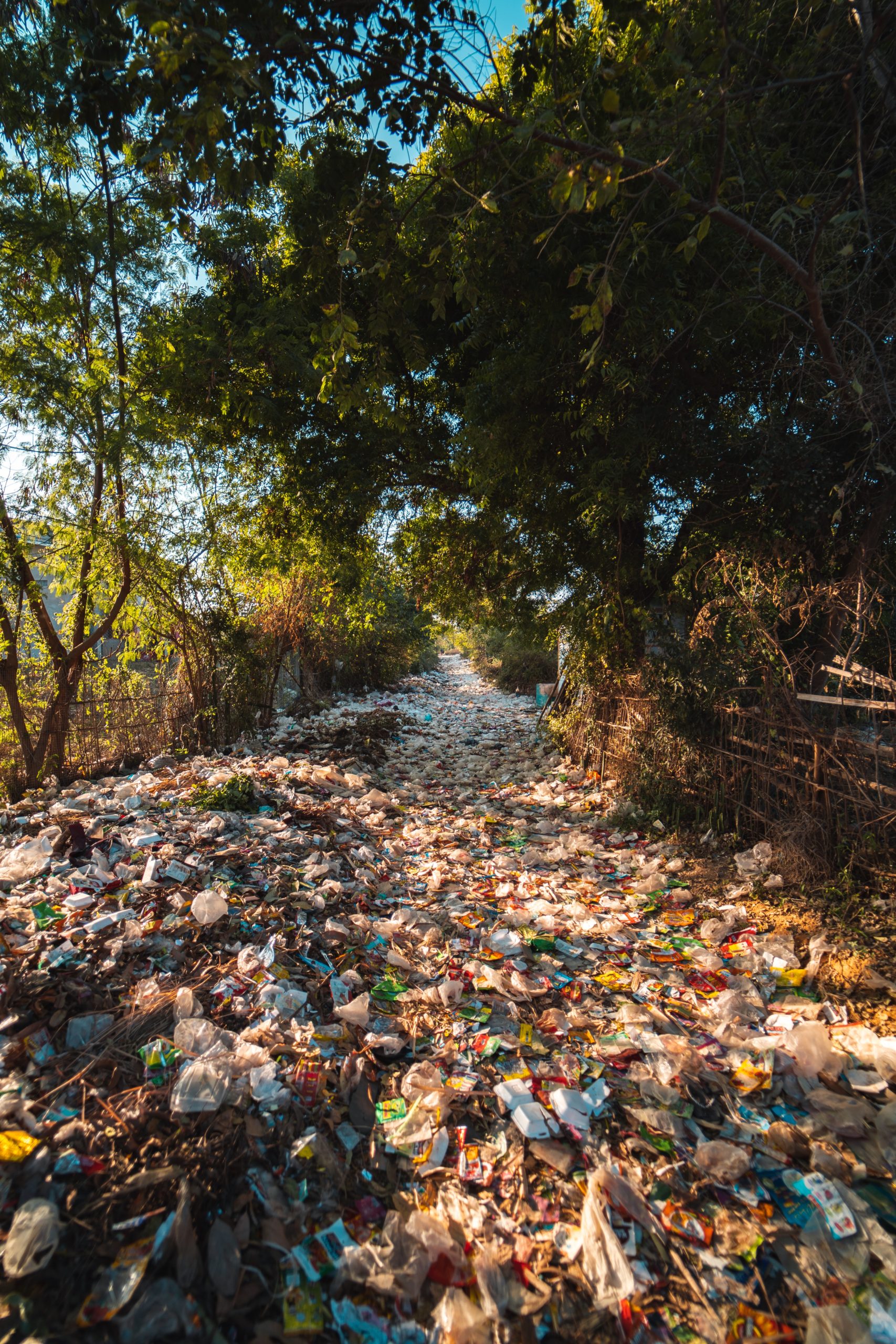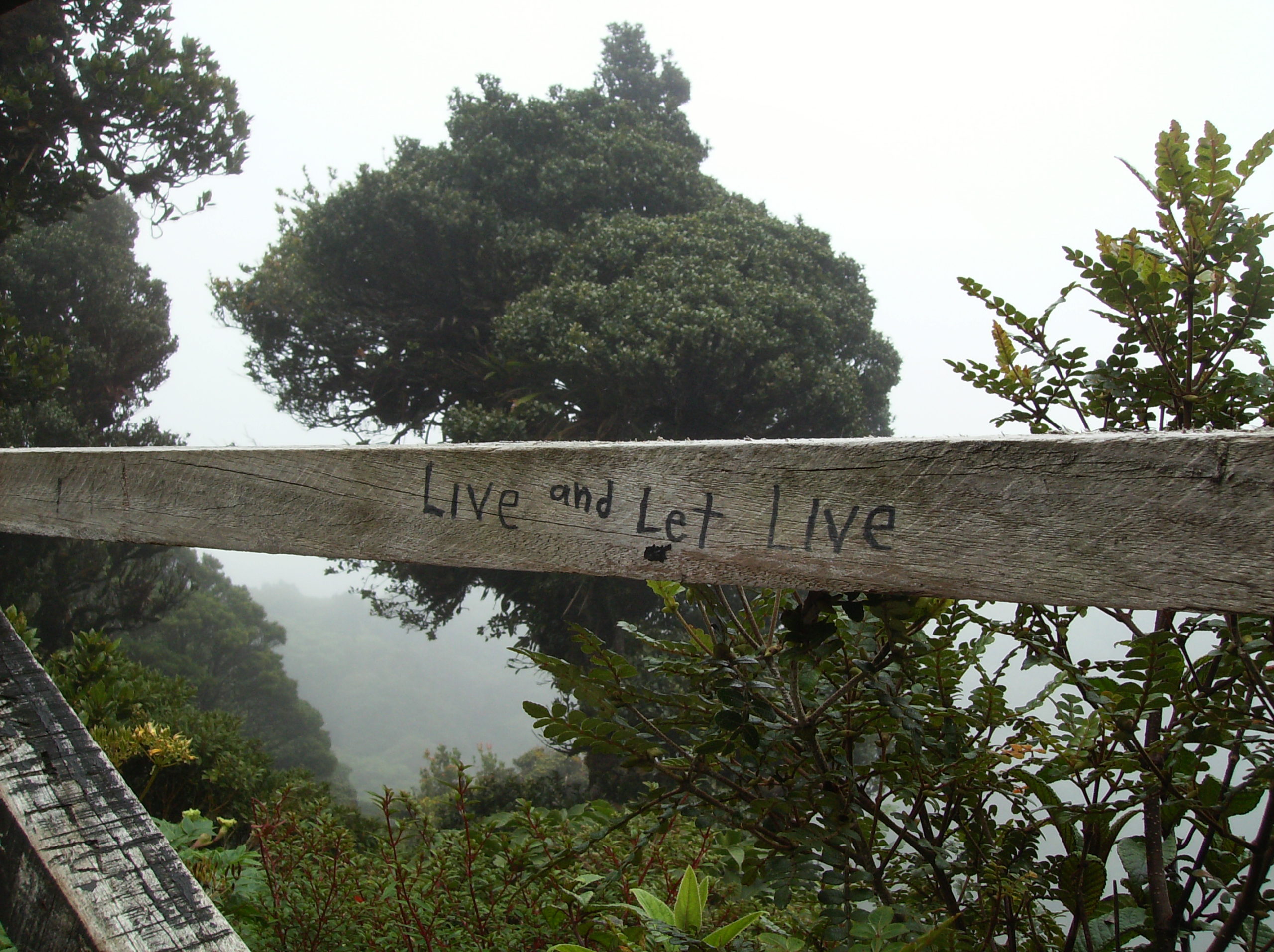“Look to the ant, thou sluggard: consider her ways and be wise.” – a Proverb
One morning in my small house in the jungle of Costa Rica, I awakened to a common sight: a thin line of tiny brown ants, appearing from the direction of the window sill and heading in the direction of the electric socket on the wall of my bedroom. I took a photo and sent it to a friend here who is an expert gardener. “What is this? Termites, or just small ants?” A neighbor had recently been forced to clear out all her furniture and repaint her walls due to an invasion of termites, so I had this in mind—still foggy-brained without morning coffee.
I sat at the outdoor kitchen table sipping morning coffee, sensing another type of ant, very tiny, almost invisible as it crept along my arm, just doing its job of cleaning up the environment, which in its small world, is ME. Brushing them away, I was reminded of the comment of a good friend who had visited Costa Rica a few years ago and said she didn’t like it. When I asked her why, she replied, “too many bugs.”
Later that morning I returned to the bedroom; the line of ants was gone. They had a destination in mind and were only passing through, temporarily trespassing on my territory. The same is true for what is known here as “cleaner ants,” larger, biting ants that march in relentless single file through anything in their path, including houses. The only thing to be done if the cleaner ants choose to visit your house is to politely take your leave and go somewhere for a few hours; when you return your house will be free of all the dust and stray mites or dead flies hidden in corners or under furniture.
Bugs are not bad. They’re just bad when they are where you do not want them to be. They’re bad when nature is out of balance.
The wife of this gardener I mentioned taught me the name of a gigantic ant that crossed the patio tile in front of us recently. I asked her if it was dangerous, this giant, solitary ant meandering its way across human territory. She stooped down to look more closely and shook her head. “No, it’s good. It’s a Tiger ant. It’s pretty- see the yellow and black stripe?” A good ant. Who would have thought?
Rethinking Ants. Rethinking Insects. Rethinking Nature
Everything has a purpose, a very good purpose, for being here to begin with. So why do we scream and grab the can of Raid, or call the Bug Man, whenever we see more than one insect in our space?
I once saw a woman spraying bug repellent into the air of her patio instead of on her skin. Really? If you don’t like insects at night, go inside; or spray the Off on your own skin, a smaller environment that you can control.
One summer in my old neighborhood, a neighbor hired someone to spray her lawn for mosquitos and fleas so her dog could go outside. It was too much trouble to spray her dog’s fur, or to use a flea collar. The bug spray was touted as being harmless to the environment and nontoxic to all other insects besides mosquitos and fleas. And, it didn’t work.
I used to be one of those people, not thinking as I sprayed on bug repellent during camping trips and hikes that what I was doing might cause needless death of harmless insects, insects that have a purpose in this web of life. We hear now that insect species are becoming extinct by the thousands each year. But do we worry what will happen because of it?
Is it perhaps something to do with people?
Why is it that in Costa Rica where there are “too many bugs,” people can spend time outside at night without receiving a single mosquito bite? In fact, that is one of the reasons why I chose to live in Costa Rica. Somehow, even with all the insects, there seems to be a healthy balance of the good and the bad. I recently learned that mosquitos pollinate the cacao flowers.
If it is true that the insect population has been decimated and continues to see more species become extinct, why are the bugs so bad in the United States; so bad that people find it unpleasant to be outdoors at night in the summer time and farmers are forced to find new insecticides to effectively battle new infestations, year after year? Why is the bug problem getting worse there, even though we have available for our consumption dozens of different types of insecticides, from roach hotels to ant traps to wasp spray and mothballs?
But in Costa Rica (I can only speak for this country, although I suspect the same is true for many other temperate climates), where there is no hard winter freeze to kill pests and fewer acres of industrial farms and paved parking lots, there are more bugs but fewer bug problems. Maybe it’s because of the way people in different cultures perceive insects. Some of us don’t indiscriminately murder any and every bug in our path with Raid; we learn to identify the good and the bad ants, for example, and respect their place in the ecosystem.
“God in his wisdom created the fly…and then he forgot to tell us why.” -Ogden Nash
Every insect has a purpose. We just don’t always know what that is. If a pesky bug happens to get in your way for a while, please try to remember: it has a right to be here, too. All insects have essential roles to play in the bigger scheme of things. Next time you see an ant in your house, please think before you spray or stomp or smush it.



